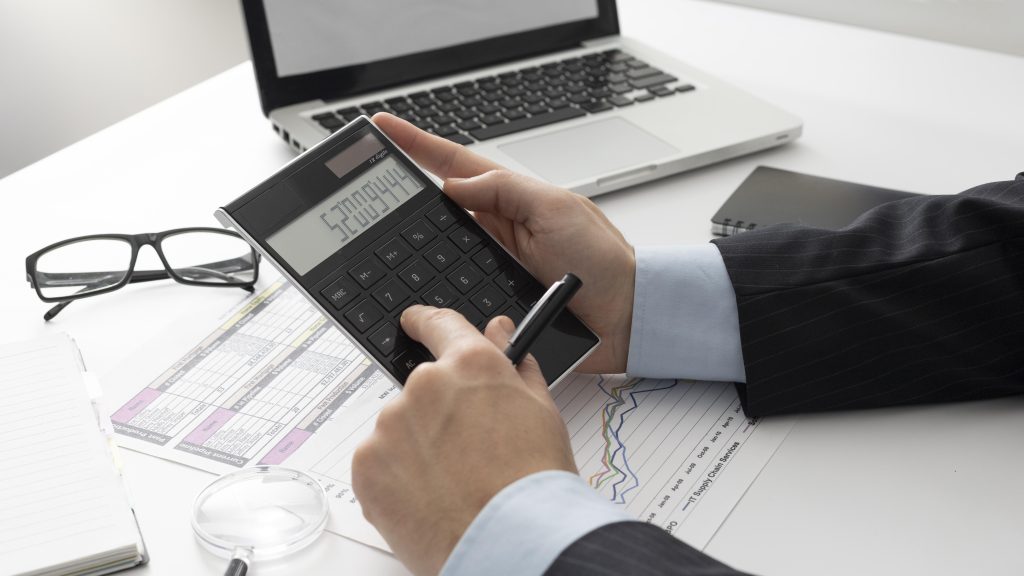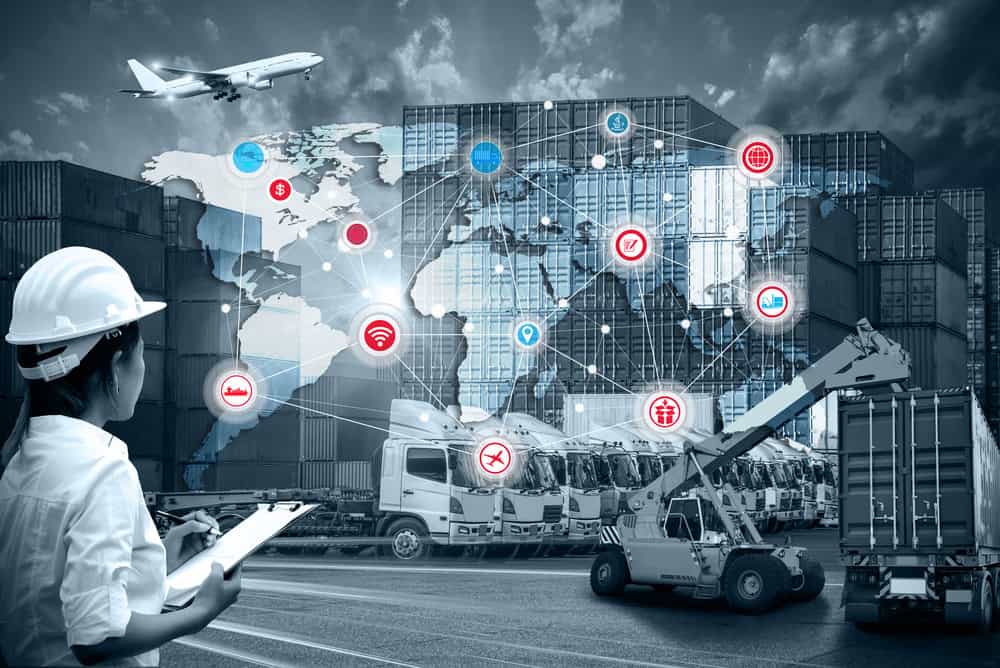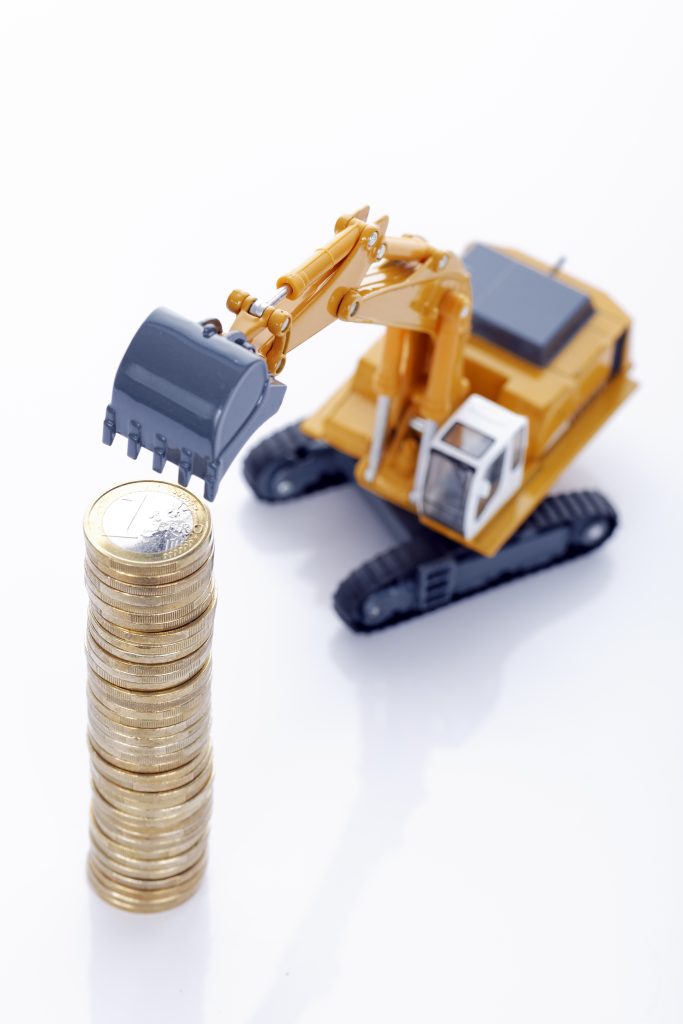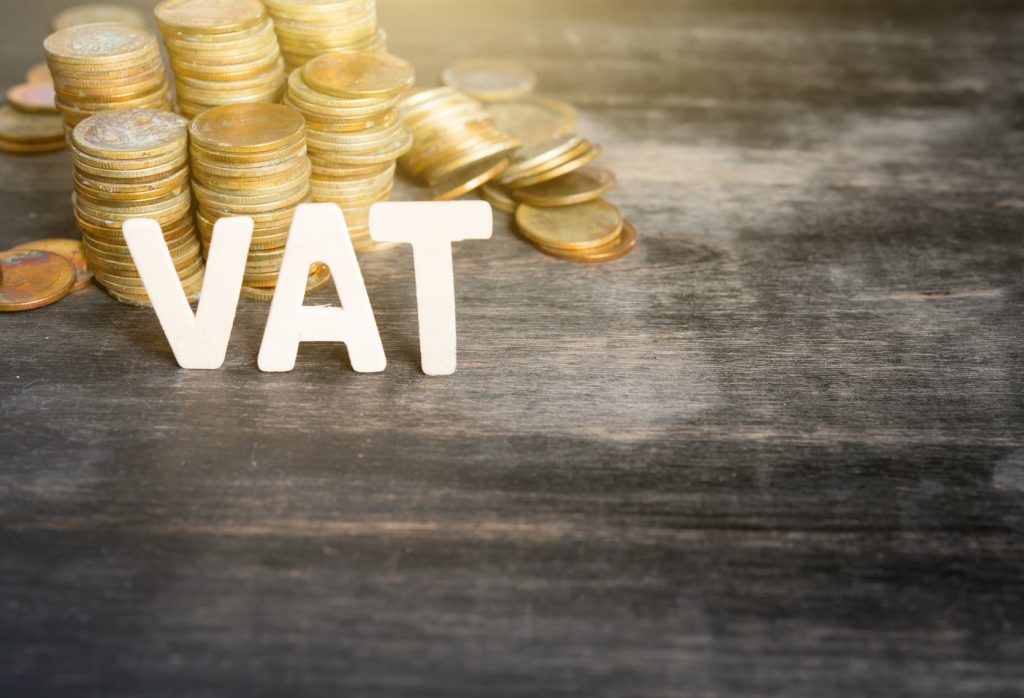VAT Services for Manufacturing Sectors/Companies
What is VAT?
Value Added Tax or VAT is a tax on the expenditure or use of goods and services imposed at each point of sale. The bearers of the cost will eventually be the end-consumer. Organisations are obliged to collect and account for the tax in aid of the government. VAT in UAE is applicable uniformly on tax-registered businesses running both on the UAE mainland and in the free zones.
A taxable supply refers to a delivery of goods or services made by a company in the UAE that may be taxed at a rate of either 5% or 0%.
A value-added tax is an indirect tax charged on the taxable supplies and is regarded as a consumption tax. A manufacturer, who is a taxable person, is expected to pay VAT on taxable supplies manufactured by him when they are marketed to customers. It is placed on a product whenever a value is added at the stage of production and at the point of retail sale. Both consumers and businesses who are the residents of a country are liable to pay VAT when purchasing services or products. The cost of the product, less any of the cost of materials used in the Product that has already been taxed is the Amount of VAT that the consumers pay. On production, manufacturers are liable to pay VAT in UAE for the components used. VAT was introduced by FTA with a standard rate of 5% under the GCC VAT system. A business register for VAT if their annual turnover exceeds the threshold of AED 375,000 as per the current year. There exists an option for voluntary registration if there is a threshold of AED 187,500.

VAT Impact on Manufacturing Sector
The UAE Government and the federal tax authority (FTA) defined this process of the threshold for registration and reporting of VAT. All those businesses who have registered for VAT have to file their monthly or quarterly VAT return as prescribed by the FTA. For all businesses, it is a continuous challenge in managing VAT. VAT for manufacturing companies involves numerous complex and technical rules. Manufacturing consists of acquiring raw materials and producing finished goods and services. A manufacturer, who is a taxable person, is required to charge VAT on taxable supplies made by him when they are sold to the customers and he is also allowed to claim input tax credits on any purchases made for the business purpose.
VAT Categorization
Goods and services are alienated into three categories on which VAT will be applied:
- VAT Exempted Category
It includes Health Sector, Education, Food and rent, local passenger transport, corporate businesses, first-time property buyers, residential leases and land buyers
- Zero per cent VAT
This category includes goods and services listed for export and international services, precious metals, certain education, and health services and supplies, residential properties that are newly constructed and supplied within three years.
- Five per cent VAT
This includes electronics goods, clothes, food, fuel, communication services, entertainment, etc.
Federal Tax Authority (FTA) issued Federal Decree-Law No. 8 of 2017 to implement Value Added Tax in United Arab Emirates (UAE). VAT in UAE has been implemented w.e.f 1st January 2018.
Why is the VAT introduced in UAE?
The UAE government already delivers excellent public services, including education, healthcare, social services, public transportation, etc. The VAT introduction allows the government to diversify the income sources. Further, this huge revenue source ensures continuing the good standard of living in the UAE.

Implications of VAT on individuals and businesses in UAE
The introduction of VAT impacts both individuals and businesses in the UAE. Here’s how:
Implication on individuals:
The cost of living can increase slightly; however, it varies depending on that person’s lifestyle and spending behavior. Suppose they spend mainly on things exempted from VAT; they won’t see any significant increase in the cost.
Implication on businesses:
The VAT-registered businesses shall charge and collect VAT to all of their customers at the notified rate. Also, they shall pay VAT on the purchase of goods and services. When filing a VAT return, they must arrive at the net tax liability (difference between the VAT collected and paid) and pay the same to the government.
All these can be done when all transactions have been recorded accurately. Hence, businesses must record all transactions related to sales, purchases, income, costs, and related VAT charges.
Who shall register under UAE VAT?
The businesses whose total value of taxable supplies and imports in a year exceeds AED 375,000 must mandatorily obtain VAT registration
The Manufacturing Industry in the UAE sector is multifaceted and covers vital areas like chemicals, rubber, plastics, metals, and food production. It plays a pivotal role in the country’s GDP.
The chemicals, rubber, and plastics sectors are essential to the UAE’s manufacturing value. With ambitions to amplify its petrochemical capacity, the UAE is keen to boost this sector, with Dubai housing many plastic manufacturing facilities.
Manufacturing Industry in UAE
Dubai’s manufacturing scene is alive and buzzing, thanks to various key industries driving its growth. For instance, the chemicals, rubber, and plastics sector play a crucial role by adding a significant chunk to the country’s manufacturing value. It’s fascinating to see Dubai turning into a bustling hub for plastic manufacturing, showcasing the sector’s vitality and growth.

Dubai’s Manufacturing
Dubai’s manufacturing scene is buzzing with energy! While the UAE’s manufacturing real GDP soared by 8.75% in 2022—way above the 2.8% average from 2017 to 2019—Dubai’s growth was a bit steadier at 0.26%. Sure, it’s a modest climb compared to earlier years, but there’s still plenty of excitement in the air.
Despite some ups and downs since 2013, the outlook is sunny. All manufacturing sub-sectors are gearing up for growth. Take the food and beverage sector, for instance—it’s set to nearly triple in value by 2031, highlighting its growing importance to the UAE’s global trade.
Regarding global trade, the operation 300bn strategy makes UAE exports more competitive. Dubai’s exports are diverse and vibrant, from pearls and precious metals to rubber, plastics, and food.
Investment-wise, we’re talking big numbers—around USD 9.7 billion in planned or ongoing projects. The ‘other manufacturing’ sector is leading the charge, but there’s also a noticeable boost in funding for food and beverage, aligning with Operation 300bn’s focus.
The Emirates Development Bank also contributes USD 8.17 billion to support the sector’s growth, aiming to assist around 13,500 SMEs. Manufacturing is unique in Dubai’s economic heart, and the future looks promising!

Starting a Manufacturing Industry in Dubai
Pick the Perfect Name
First, choose a catchy name for your company compliant with UAE’s naming rules. Your name should represent your business and resonate with the local culture. So, let’s keep it respectful and steer clear of anything that might raise eyebrows!
Get Your Trade License
Once you’ve sorted your name, it’s time to get a trade license. This is your golden ticket to manufacturing in Dubai! The type of license you’ll need can vary depending on where you set up shop—in Dubai or one of its free zones. But don’t worry—these licenses cover many manufacturing activities, ensuring you’re all set to thrive in Dubai’s vibrant industrial scene.
Sort Out Your Visa
You can only run a business if you are there, right? So, you’ll need a visa to operate in Dubai. The Green visa is an excellent option for investors like you keen to contribute to the UAE’s economy. It even offers a more prolonged stay compared to other residence visas. Ensure you’ve got all your investment proofs and the nod from the ICP and local authorities, and you’re good to go!
Open Your Corporate Bank Account
Lastly, it’s time to open a corporate bank account. This isn’t just about keeping your money safe—it’s about managing your finances like a pro! With a local bank account, you’ll be all set to receive payments and handle expenses smoothly in Dubai’s bustling business landscape
Documents required to open a manufacturing company in Dubai
To set up your manufacturing company in Dubai, you’ll need a solid stack of documents. It’s all about making sure everything’s in shape right from the start. Here’s what you’ll need:
- A detailed factory report covering
- Factory layout
- Machinery details
- Production costs
- Funding sources
Remember, you’ll also need the green light from the Ministry of Health, Environment, and Water. They’ll ensure you meet UAE health, safety, and environmental standards. So, gather up those papers and start this exciting journey!
AHG’s Industrial manufacturing practice provides guidance in such areas as revenue growth, margins, inventory, costs, investment trends, solutions, customer relationship management, sales and operations, integrated business planning, and service-oriented architecture technologies.
Our experience working with distributors is an integral part of our manufacturing and distribution practice. We believe in success and we believe that one financial advice can change your company’s future.
For further Audit, Accounting, Tax or consultancy inquiries, please do not hesitate to contact us by clicking the following button.

